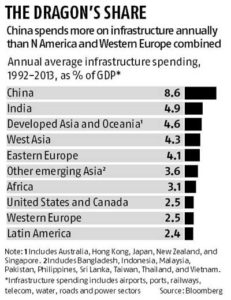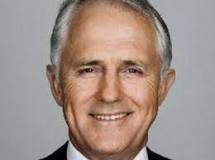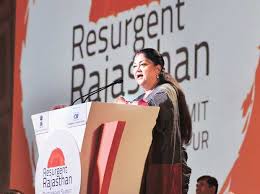
The Institute of Chartered Accountants of India (ICAI) and Chartered Accountants Australia and New Zealand (CA ANZ) will have an opportunity to play the leadership role in addressing new challenges facing the profession in a globalized environment.
The Cabinet, chaired by Prime Minister Shri Narendra Modi, has approved a fresh Memorandum of Understanding (MoU) between the Institute of Chartered Accountants of India (ICAI) and Chartered Accountants Australia and New Zealand (CA ANZ).
Impact:
The MOU intends to develop mutually beneficial relationship in the best interest of members, students and their organizations and is expected to provide an opportunity to the ICAI members to expand their professional horizons and to foster working relations between the two accounting institutes. The two accountancy institutes will have an opportunity to play the leadership role in addressing new challenges facing the profession in a globalized environment.
Benefits:
The engagement between the two Institutes is expected to result in greater employment opportunities for Indian Chartered Accountants and also greater remittances back to India.
Details:
The Memorandum of Understanding (MoU) between the Institute of Chartered Accountants of India (ICAI) & Chartered Accountants Australia and New Zealand (CA ANZ) would mutually recognize the qualification and admit the Members in good standing by prescribing a bridging mechanism between the two Institutes. The ICAI and CA ANZ aim to establish a mutual co-operation framework for the advancement of accounting knowledge, professional and intellectual development, advancement of the interests of their respective members and contribute positively to the development of the accounting profession in Australia, New Zealand and India.
Implementation strategy and Targets:
The MoU provides for mutual recognition of qualification of members of other body, who have achieved membership by completing the Examination, professional program and practical experience membership requirements of the two parties.
Background:
The Institute of Chartered Accountants of India (ICAI) is a statutory body established by an Act of Parliament of India, The Chartered Accountants Act, 1949′, to regulate the profession of Chartered Accountancy in India. Chartered Accountants Australia and New Zealand (CA ANZ), emerged from the merger of the Institute of Chartered Accountants in Australia and the New Zealand Institute of Chartered Accountants in October 2014.





